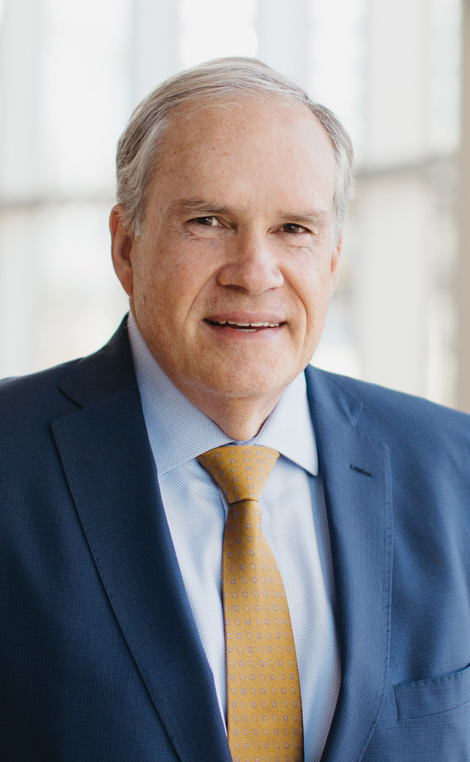 By John Hawkins, President/CEO, Texas Hospital Association
By John Hawkins, President/CEO, Texas Hospital Association
While much of our attention lately has been focused on the COVID-19 pandemic and related challenges, another crisis has been quietly brewing with the potential to drastically impede health care delivery across Texas. Since last fall, supplement payment programs that raise hospitals’ Medicaid reimbursements closer to the actual cost of care either expired or are still awaiting federal approval. Months have now passed without Medicaid providers receiving these desperately needed funds, as negotiations between the state and federal authorities remain at an impasse. Additionally, the 10-year Medicaid 1115 waiver extension was rescinded last April, and its future remains uncertain. The stress on hospitals responding to the ongoing pandemic is significantly compounded by this absence of funding and lack of clarity over the future of vital payment programs.
Statewide Medicaid enrollment grew 27% during the pandemic to 5 million Texans, while labor costs for providers have roughly doubled because of continued COVID-19 workforce challenges. Texas hospitals are estimated to be losing at least $7 million a day because of the lapse in crucial funding to the state’s safety net. Last fall, over $5 billion in annual payments expired from two longstanding Medicaid programs—the Uniform Hospital Rate Increase Program and Delivery System Reform Incentive Payment. Texas proposed three directed payment programs to replace them, but these have yet to receive federal approval. These programs include the Comprehensive Hospital Increase Reimbursement Program (worth $4.7 billion/year), Texas Incentives for Physicians and Professional Services ($600 million/year), and Rural Access to Primary and Preventative Services ($11.2 million/year). Further, if the entire Medicaid 1115 waiver were to be rescinded, roughly $9 billion-$9.7 billion in annual payments to Texas hospitals would also cease.
These financial setbacks come at the worst possible time, as hospitals continue to grapple with a pandemic layered over historic workforce shortages that have been exacerbated by extreme burnout.
Texas hospitals’ Medicaid reimbursement rates vary considerably by facility but usually fall well below the cost of care, covering only 65%-70% on average. This multibillion-dollar Medicaid shortfall coupled with the 5 million Texans without any form of coverage leaves our hospitals heavily reliant on supplemental dollars. At the same time, the ongoing pandemic has created a dire strain on hospital resources, staffing, and protective supplies. The public health emergency has worsened a pervasive nursing shortage, as nurse staffing agencies fill vacancies at often two to three times pre-pandemic rates.
Extraordinary COVID-19 related expenses and the potential loss of supplemental funding would have catastrophic consequences for health care access in Texas, including hospital closures and decreased essential service lines, like labor and delivery and behavioral health.
The immediate approval of proposed directed payment programs, including retroactive payments, is foundational for the Texas safety net. Also, the 1115 waiver extension must be reinstated to enable supplemental payment programs and provide stability to Texas health care delivery. Beyond these urgent matters, our Texas health care system would greatly benefit from Medicaid expansion and hospital reimbursements closer to the cost of services. Additional funding is necessary to offset the unprecedented COVID-19 related staffing costs, address increased behavioral health needs and implement programs to mitigate the extensive nursing shortage.
To help avert a crisis, the Texas Hospital Association is fiercely advocating for the lasting financial stability of our hospitals, working closely with a special committee on funding and payment options, communicating closely with state and federal leaders, and working through strategies to protect hospitals and their patients.
Sufficiently funding hospitals and health care providers is not a partisan issue. The pandemic has broadly highlighted the critical role hospitals play in our communities. Through continued discussions and a growing awareness of the payment programs that keep our hospitals running, working together I’m confident we will find a viable path forward.


